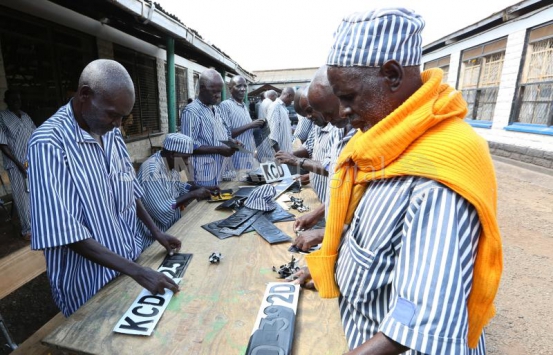×
The Standard e-Paper
Fearless, Trusted News

A crisis is brewing in the prisons as the inmate population rises beyond the facilities’ holding capacity.
More worrying, however, are the thousands of pre-trial detainees and petty offenders languishing in the congested jails holding hardcore criminals.